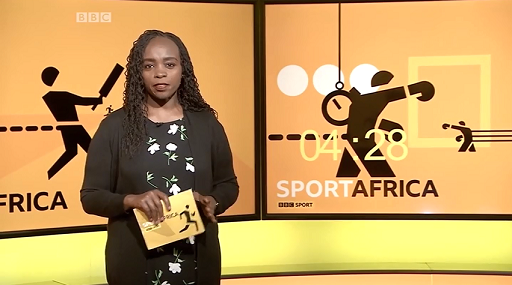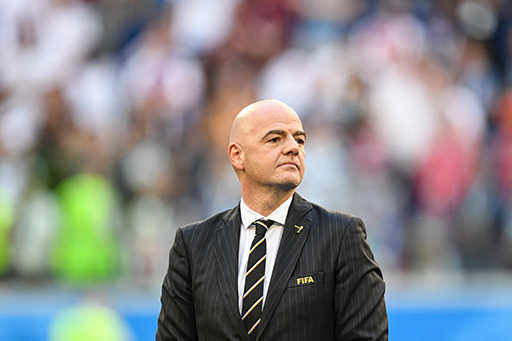2.2 A biennial world cup?
In another example of power, globalisation and the business of football you will examine the proposal for the men’s World Cup to be held every two years instead of four.
FIFA proposed the biennial World Cup and provided several reasons why it was a positive development for world football. These reasons included:
- The opportunity to generate more revenue which could be redistributed to national associations to support the development of football in their country.
- This extra revenue would support the development of better players and enable more countries to become competitive and challenge those countries who have traditionally won major international tournaments.
- The opportunity to revamp the international football calendar making it more streamlined and efficient.
The plan attracted much criticism from the powerful European and South American football federations. Both UEFA (Europe) and CONMEBOL (South America) feared it would undermine the commercial value of their own competitions such as UEFA’s Champions League and Euros. However, the proposal did gain the support from the Confederation of African Football (CAF).
In the next activity you will explore why CAF were enthusiastic supporters of the proposal. It concisely illustrates the business and politics of global football.
Activity 5 Biennial World Cup: a different perspective
Watch the following video. Using the STEEP model, that was introduced to you in Week 1, can you identify which of the five dimensions are primarily present in the argument for a biennial World Cup?

Transcript: Biennial World Cup: why is Africa keen?
Discussion
Three dimensions of the STEEP model are principally involved in the argument for a biennial World Cup. First, the economic dimension that a World Cup every two years will increase the revenue that all competing countries will receive. Second, a sociological dimension whereby with this additional revenue African countries can invest more into the development of their football and aim to compete more equitably with the powerful and privileged countries in Europe. There is also a third political dimension that revolves around the personal relationships between key figures in world football. It was noted that the FIFA president, Gianni Infantino, is a close friend of the President of the Confederation of African Football (CAF). They both supported the biennial World Cup proposal.
By applying the STEEP model you can better understand the relationship between the dimensions that both support and resist the biennial World Cup proposal.
The proposal for a biennial World Cup illustrates the competing interests of different countries and different ‘blocks’ of countries. Proposals like the biennial World Cup are often presented as being in the best interests of players, fans and the wider public. Instead they are often the means for different organisations to acquire more power, more income and more control over world football. It is arguably the business and commercial interests in football that come before the sporting interest.

